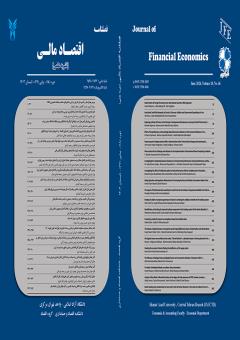Rating Operation and Regulatory Mechanisms for Promoting the Role and Position of Investment Banks in the Capital Market of the Islamic Republic of Iran
Subject Areas : Financial Economicshamed tajmir riyahi 1 * , saeid akhondi 2
1 - khu
2 - tu
Keywords: investment bank, pathology, financing, capital market,
Abstract :
Currently, the most important official financing institution in the capital market is the capital financing companies, which have been operating for a decade; but these companies face financial, operational and regulatory challenges. Accurate knowledge of these problems as well as providing operational and regulatory solutions in this regard can help a lot to increase efficiency and further growth and development of Iran's financial and economic system and be effective in implementing fiscal and economic policies with a focus on increasing growth and promoting economic stability. In this research, after conducting library studies and through interviews with experts in this field and using data analysis method, 49 operational and regulatory solutions were obtained to solve the regulatory and operational challenges and damages of financing companies in the capital market of the Islamic Republic of Iran. Based on the results of this study, the solutions corresponding to each of the injuries are listed in the results section of this study: 1. Lack of motivation and competitiveness 2. Weakness of laws and regulatory barriers 3. Self-management and imposition of demands on the founder 4. Inefficient governance oversight 5. Defective culture, cycle and financial system 6. Structural damage and management 7. Underlying factors. Supervisors in the capital market as well as the money market are advised to use the results in order to promote and grow the capital market and the role and position of financing companies.

